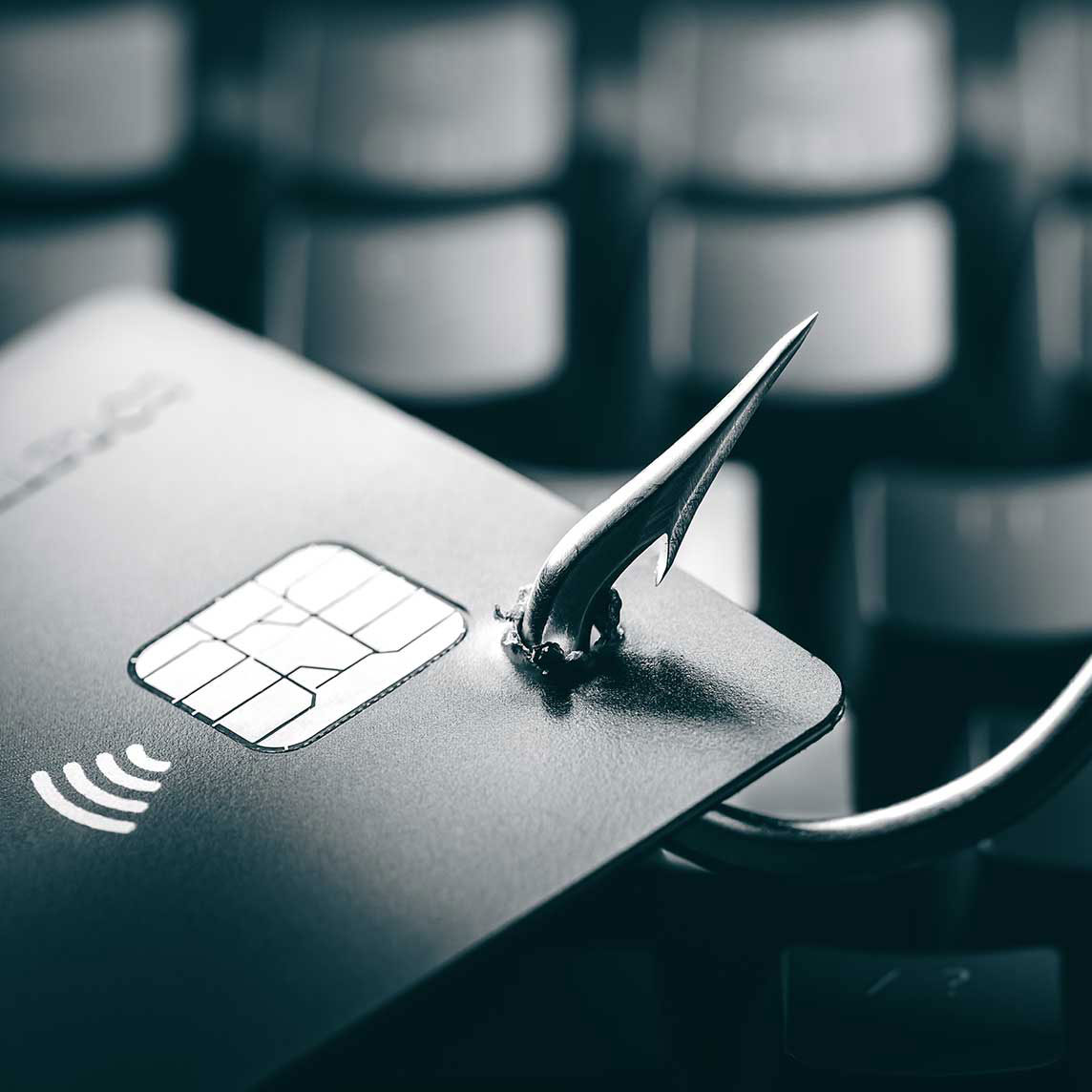We Set You Above and Ahead
W2 Communications has over two decades of strategic communications experience in cybersecurity, working with some of the most prestigious market leaders, innovative startups and emerging disruptors in the industry. We are embedded in this industry, as a trusted marketing firm, public relations partner, and digital resource. Because we live cyber, our team of expert demand creators and storytellers know what it takes to set you apart, even in the most crowded segments. We seamlessly blend multiple strategies and tactics into dynamic, measurable campaigns reaching influential press, analysts, and other influencers while simultaneously creating multi-touch content programs that drive your ultimate goal: revenue.
We Know How To Tell Your Story
Our team is ingrained in the industry — building relationships with thought leaders, investors, analysts, visionaries and the media – all who can help reach your customers, prospects and partners. In many ways your story is our story — the industry trusts us to tell your story in a way that resonates today, while building a foundation for long-term initiatives that scale your growth. We apply all of this to our integrated marketing programs, to give you a seamless experience with outsized results.

We Know What It Takes To Amplify Your Cyber Brand
Brand awareness is the new demand generation, right? And no one is a master at it like we are. Partnering with very smart clients, we create programs, campaigns, and supporting activities and materials that showcase innovation, reinforce leadership and elevate your differentiation in front of the entire industry.
Cybersecurity marketing programs need to build excitement and credibility – and, of course, quickly convertible leads – while overcoming industry noise and skepticism. Our expertise, ethics and enthusiasm inform all of the creativity and initiatives that set our clients apart.

Cyber Marketing
As a marketing and straetgic communications agency based near Washington DC, our services maximize your investments and attract high-value prospects and help convert them to customers. Our multi-faceted campaigns meet the prospect where they reside, drawing them in with valuable assets that qualify and nurture the best leads for your sales team. By targeting the right buyer with the right message using the right vehicles, we dramatically impact your pipeline.





